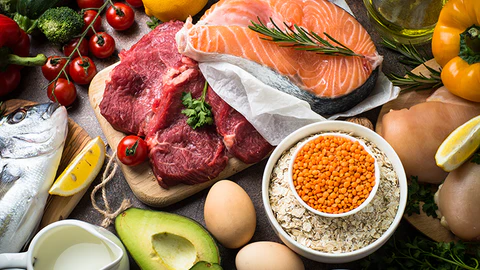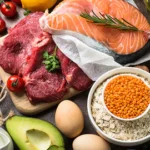Are you struggling to add mass or to find best bulking foods for muscle gain? Look no further! When it comes to building muscle, nutrition plays an important role. Whether you are a bodybuilder or want to add some extra strength, eating the right foods is essential to achieving your fitness goals. This guide will guide you through the best bulking foods for muscle gain, designed to promote muscle growth and help you gain mass healthily and sustainably. Let’s dive into the final list of the best foods for muscle gain.
Why Nutrition is Key for Bulking?
Bulking involves consuming more calories than your body burns, and the goal is to add muscle, not just fat. For bulking, you should focus on the best bulking foods that are high in protein, healthy fats, and complex carbohydrates. These macronutrients provide your body with the building materials and energy it needs to repair muscle tissue and get stronger after exercise.
What is Bulking?
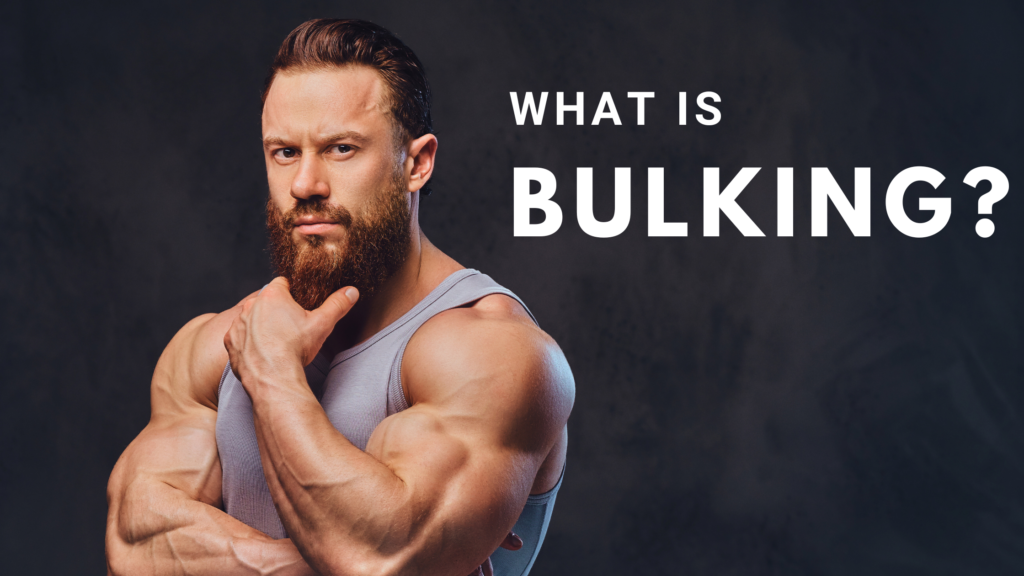
Bulking is a phase of physical fitness and bodybuilding in which a person focuses on gaining muscle by consuming more calories than their body needs. The goal is to increase muscle size as well as reduce fat gain.
In bulking, a diet high in protein, carbohydrates, and healthy fats is essential for muscle growth and recovery from intense exercise.
Strength training is key, as it stimulates muscle growth. While a slight increase in fat is expected, the ultimate goal is to increase lean muscle mass, which will subsequently be improved during trimming to achieve a more defined physique.
READ MORE: If you want to build muscle mass, read this blog how can i build muscle mass? with proper guidance.
BEST BULKING FOODS FOR MUSCLE GAIN
When it comes to bulking, one of the most important things is choosing the right foods that can promote muscle growth and repair. In this comprehensive guide, we’ll explore the best bulking foods for muscle gain, ensuring you get the best nutrients to maximize your muscle gains while maintaining a healthy and balanced diet.
Let’s discuss each of them briefly:
1. chicken breast
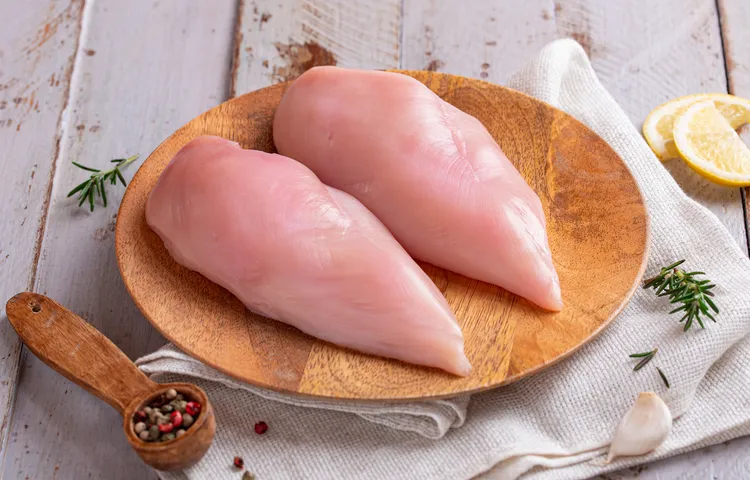
Chicken breast is a staple in the diet of many fitness enthusiasts, and for good reason. It is a good source of lean protein, with about 31 grams of protein per 100 grams. Protein is essential for muscle repair and growth, making chicken breast one of the best foods to include in your bulk diet.
How To Include: Grilled, baked, or stir-fried with vegetables.
2. Eggs
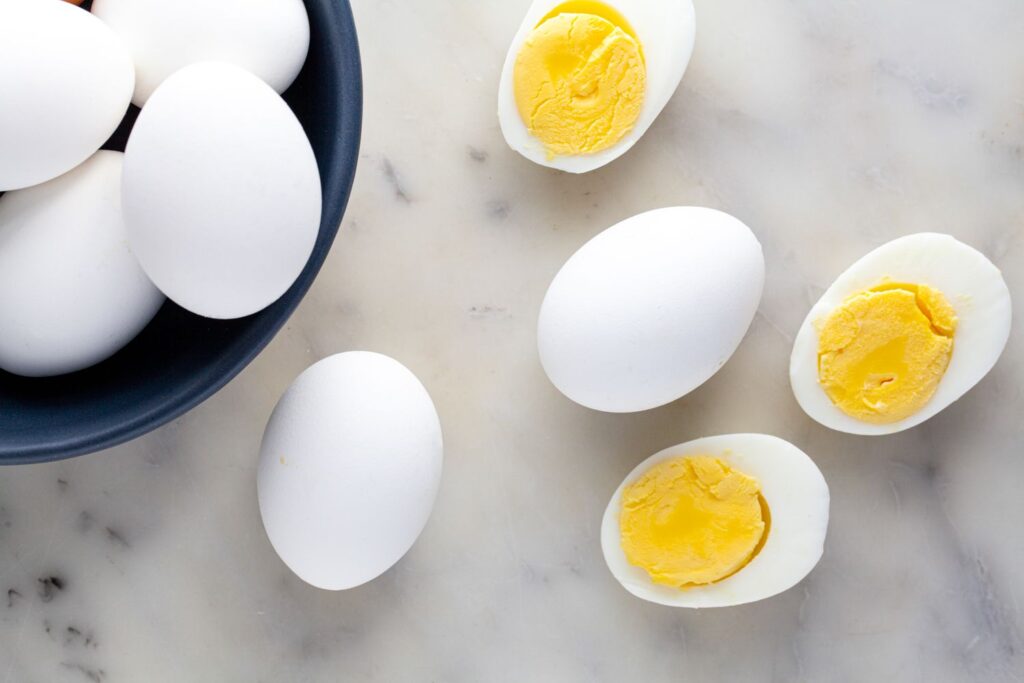
Eggs are another powerhouse when it comes to protein and essential nutrients. The cells provide healthy fats, vitamins and minerals, and the egg white is full of pure protein.
How To Include: Hard-boiled, scrambled, or in omelets.
3. Salmon
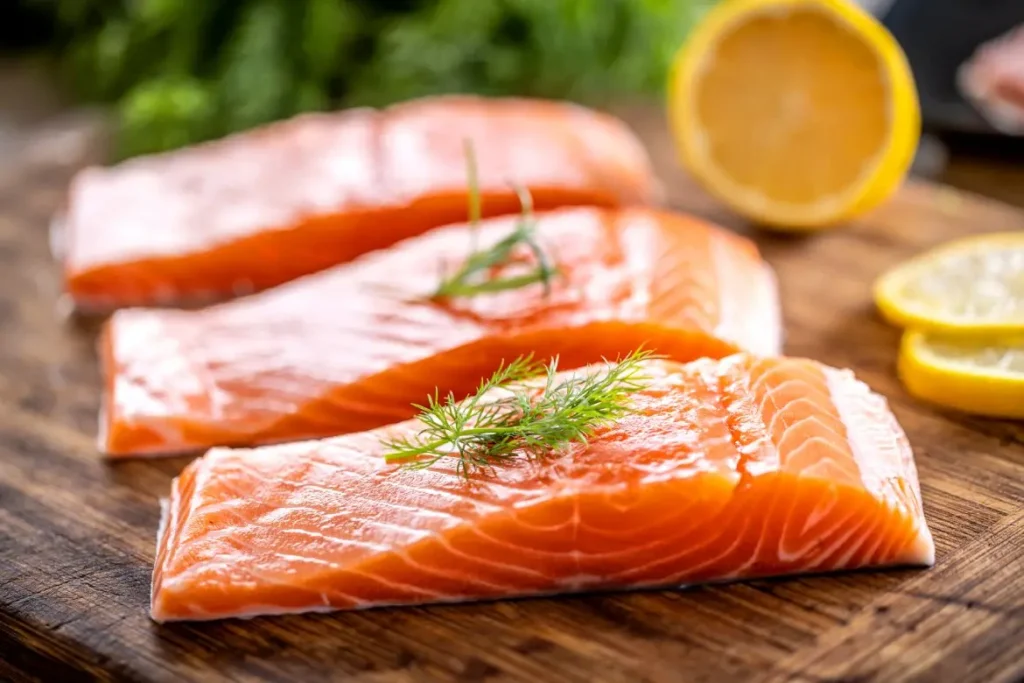
High in omega-3 fatty acids, salmon is a fantastic choice for muscle benefits. Omega-3 helps reduce inflammation, supports heart health and improves muscle recovery. In addition, 100 grams of salmon contains about 20 grams of protein.
How To Include: Baked, grilled, or pan-seared.
4. Greek Yogurt

Greek yogurt offers a combination of fast-digesting whey protein and slow-digesting casein protein, making it the perfect post-workout snack. It’s also high in calcium, which supports bone health as you increase your strength training.
How To Include: With fruit, nuts, or as a base for smoothies.
5. Brown Rice

Carbohydrates are as important for bulking as protein, and brown rice is a top choice. It is a slow digesting carb that provides consistent energy for exercise and recovery. In addition, brown rice is high in fiber, which aids digestion.
How To Include: As a side dish or in meal prep bowls with protein and vegetables.
6. Quinoa
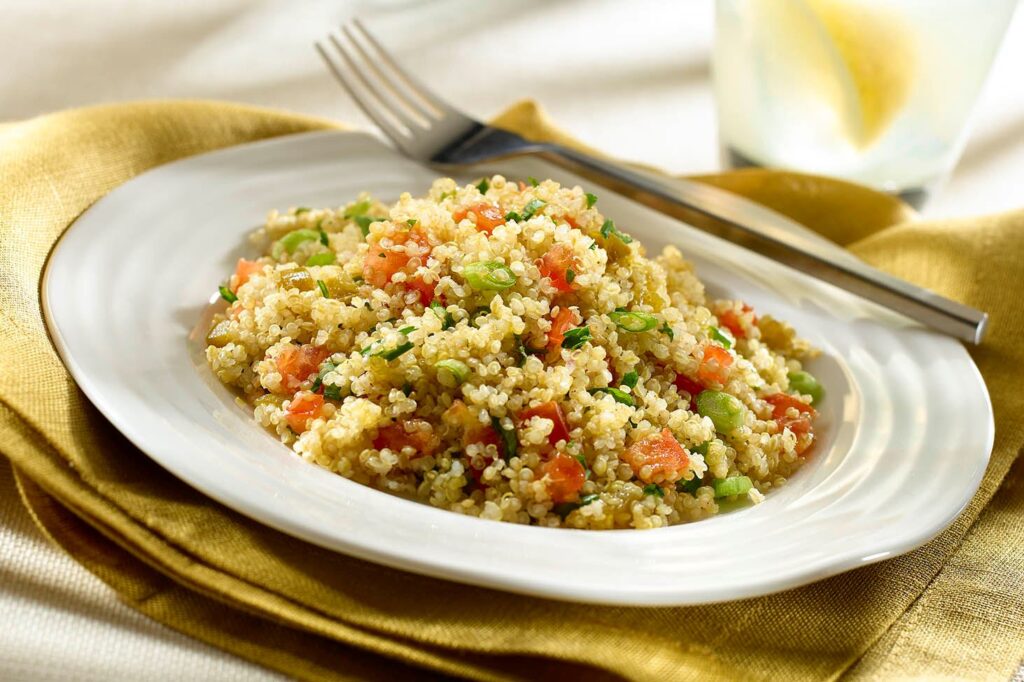
Quinoa is a complete source of protein, which means it contains nine essential amino acids (i.e., histidine, isoleucine, leucine, lysine, methionine, phenylalanine, threonine, tryptophan, and valine) that your body needs for muscle repair. It’s gluten-free and packed with fiber, vitamins and minerals.
How To Include: As a base for salads or side dish with lean meats.
7. Oats

Oats are one of the best sources of complex carbohydrates and are packed with fiber, helping to maintain a steady energy level. It is also high in vitamin B, which plays a role in nutrition and muscle function.
How To Include: In oatmeal, protein bars, or smoothies.
8. Sweet Potatoes
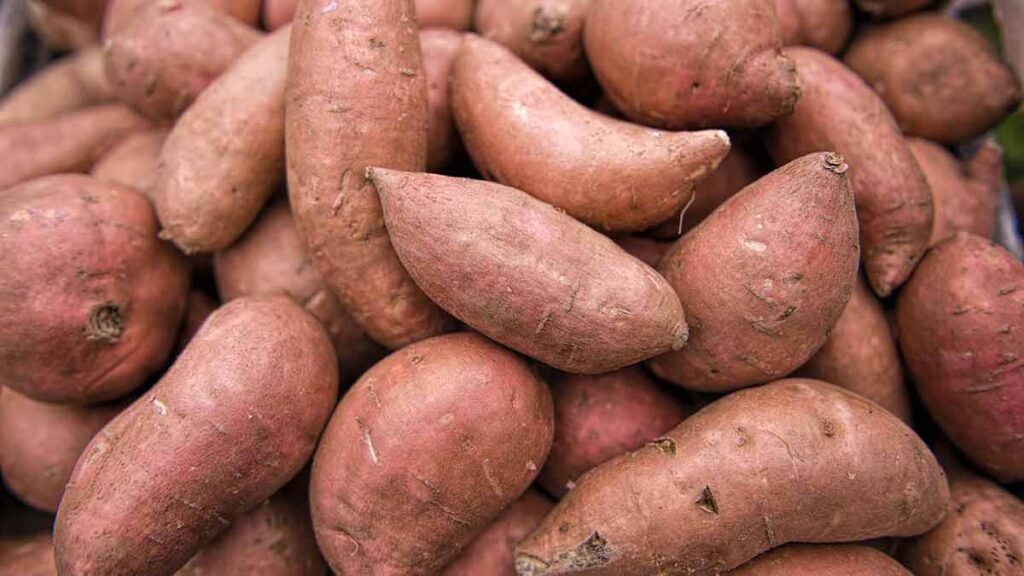
Sweet potatoes are another good source of complex carbohydrates. Increased levels of vitamins A and C, which are essential for recovery and a strong immune system.
How To Include: Baked, mashed, or roasted.
9. Avocados
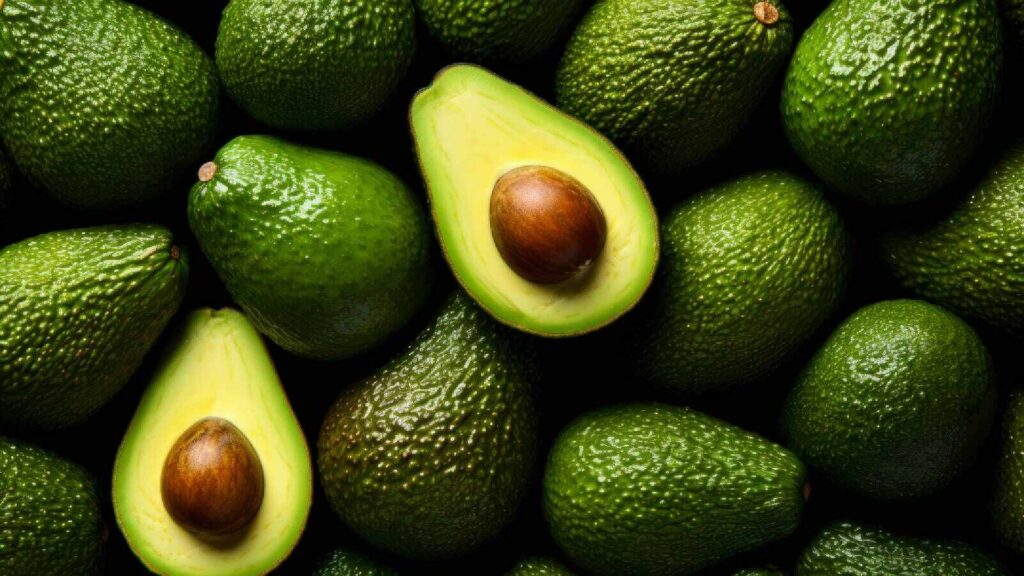
Avocados provide healthy monounsaturated fats, which are needed for hormone production, including testosterone, the main hormone for muscle growth. You get fiber, potassium and some vitamins.
How To Include: In salads, sandwiches, or smoothies.
10. Almonds
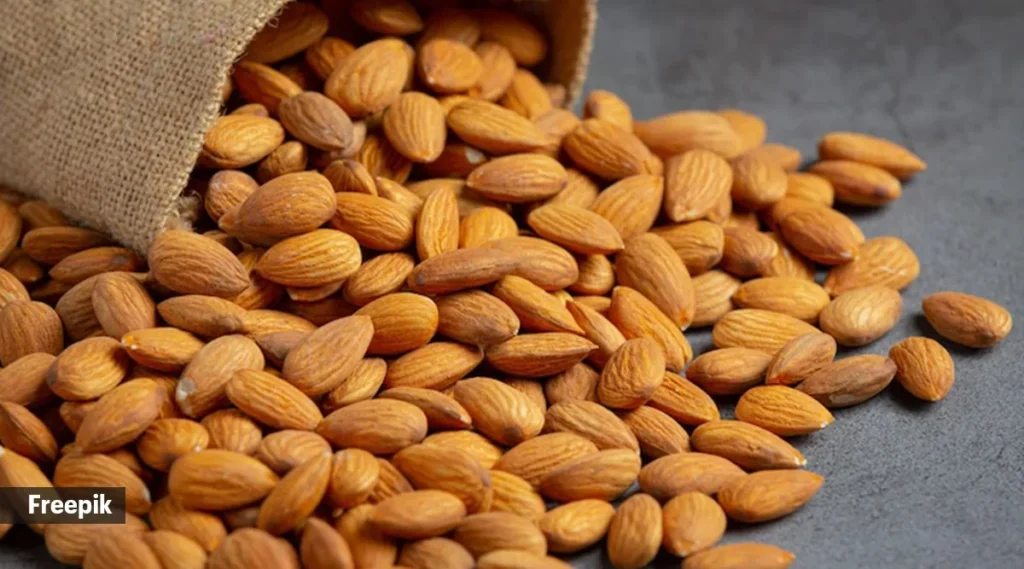
Almonds are high in protein, healthy fats, and vitamin E, which acts as an antioxidant to help repair muscle damage from intense workouts. Just a handful of almonds can boost energy and support muscle gains.
How To Include: As a snack or added to salads and oatmeal.
11. Cottage Cheese
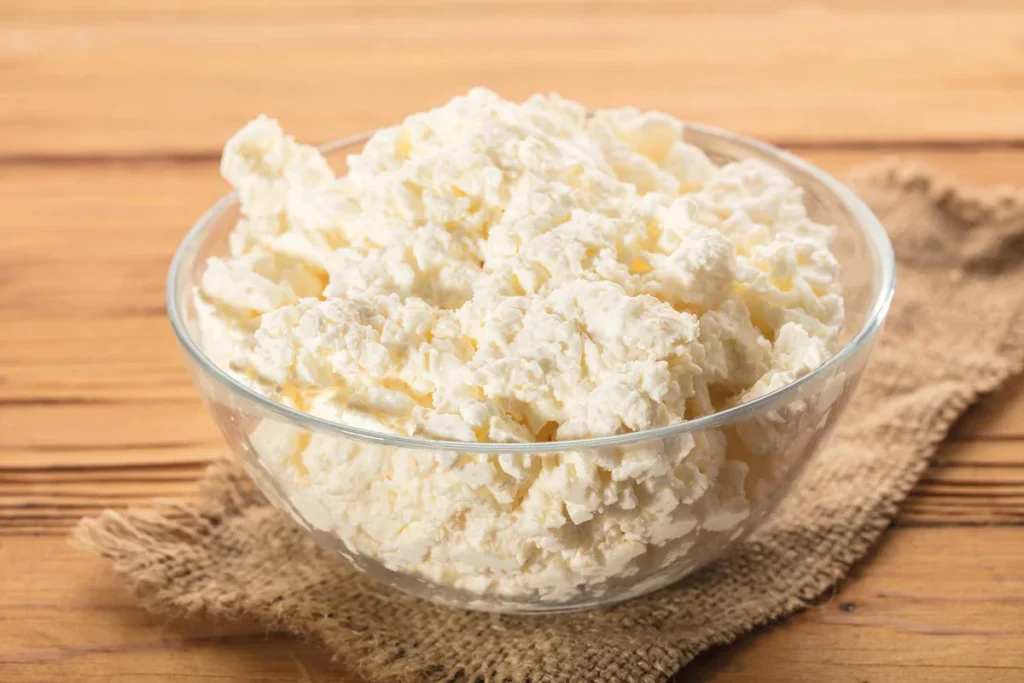
Cottage cheese is rich in casein protein, which is slowly digested and steadily releases amino acids into tissues. This makes it an excellent bedtime choice to keep muscles healthy at night.
How To Include: With fruits, nuts, or as a savory dish with herbs and spices.
12. Tuna
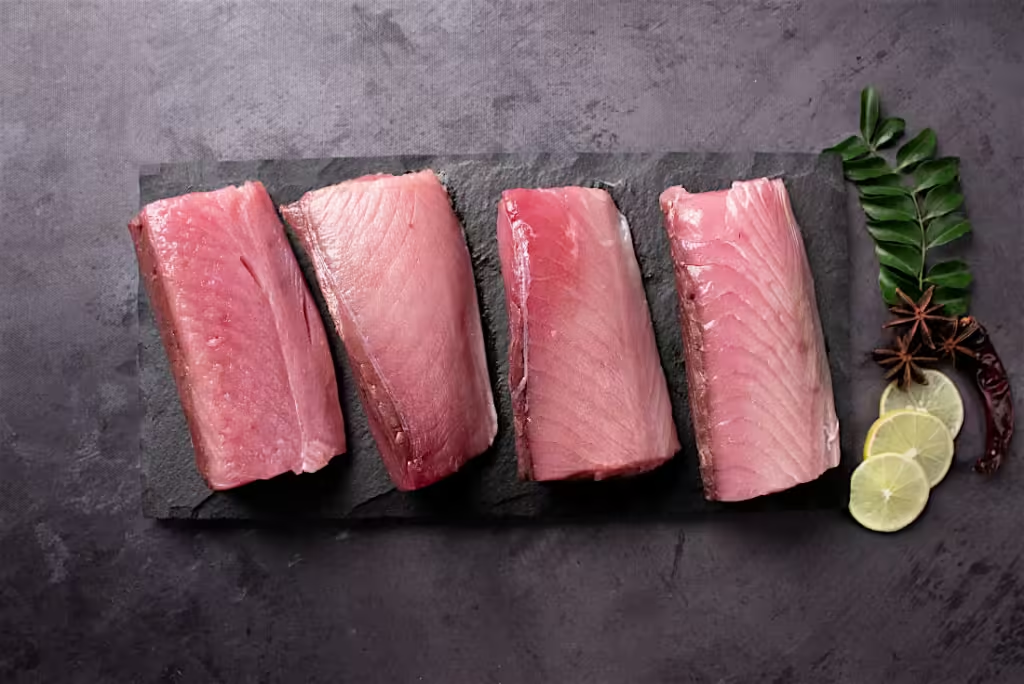
Tuna is packed with protein and omega-3 fatty acids, making it ideal for lean muscle. Low in fat and high in key nutrients like B vitamins and selenium.
How To Include: In salads, sandwiches, or with whole grain crackers.
13. Peanut Butter
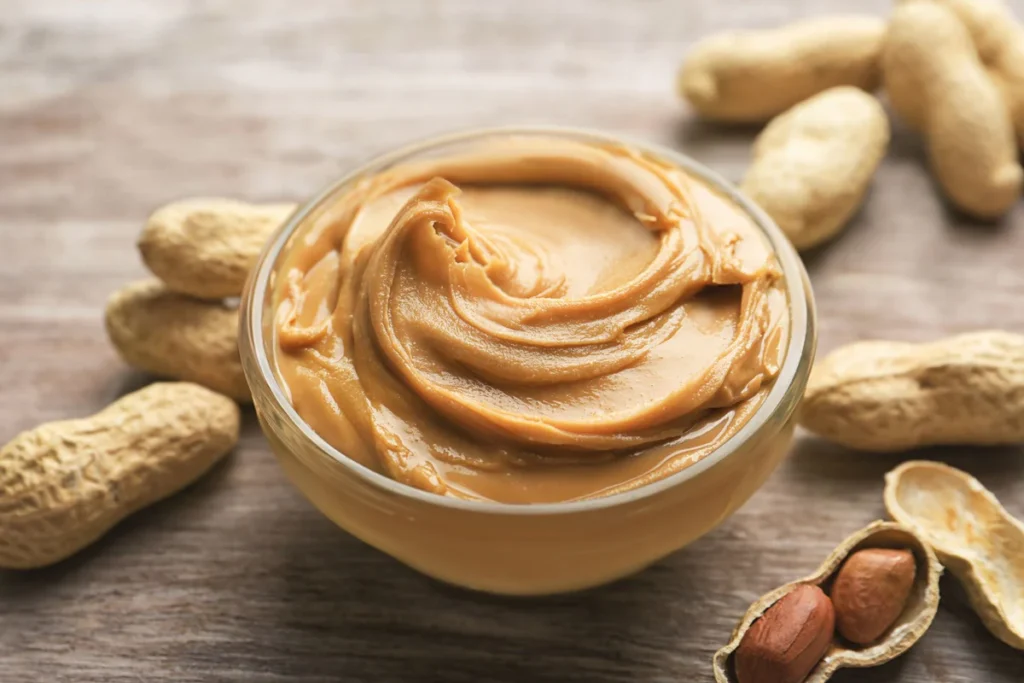
Peanut butter provides a good balance of protein, healthy fats and calories, making it an easy snack to maximize. The high calorie content allows you to meet your energy needs without overeating.
How To Include: In smoothies, on toast, or with oatmeal.
14. Spinach

Although spinach is low in protein, it contains iron, which helps deliver oxygen to the muscles, and magnesium, which plays a role in muscle contraction and relaxation. Adding spinach to your diet can support overall muscle function.
How To Include: In smoothies, salads, or sautéed as a side dish.
Creating a Bulking Meal Plan
Now that you know which foods to prioritize, it’s essential to organize your meals around your workout schedule and rest days. Here’s a sample day of meals for someone following a bulking program to get started:

Note: Staying hydrated is often overlooked, but it’s important for muscle function and strength. Water helps transport nutrients to your muscles and aids in protein synthesis. Additionally, staying hydrated ensures that your muscles function optimally during heavy lifting and intense workouts.
Supplements to Boost Your Bulking Diet
While whole foods should form the foundation of your diet, supplements can provide an additional edge:
1. WHEY PROTEIN
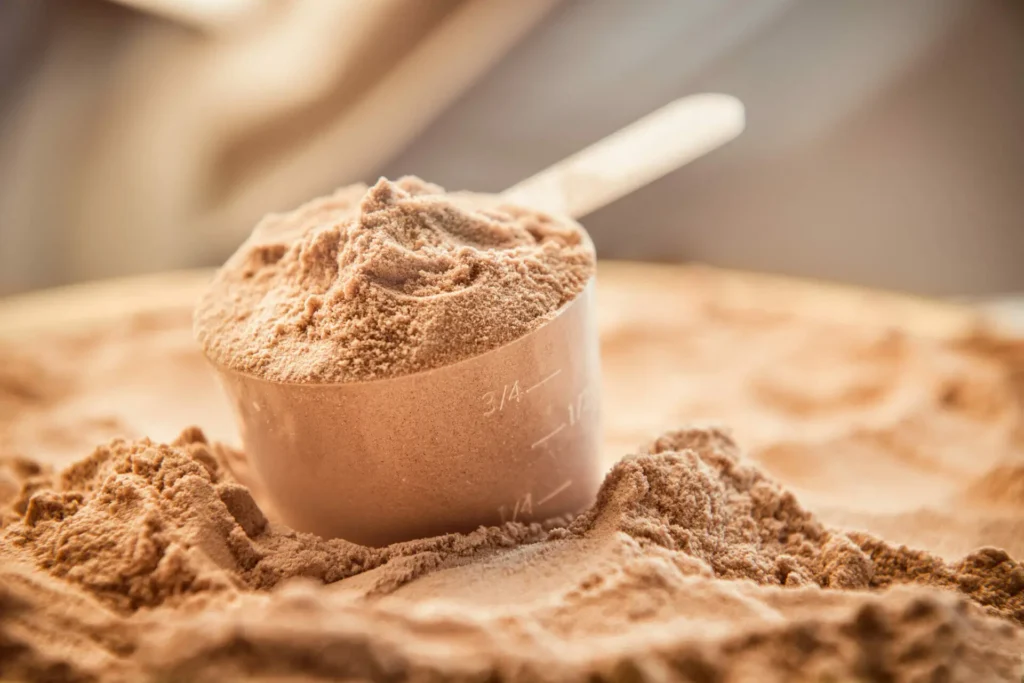
Whey protein is a popular bulking supplement due to its high protein content and fast absorption rate, making it ideal for muscle support benefits. Whey protein is rich in essential amino acids, in particular leucine, which plays an important role in muscle protein synthesis. This makes it effective for post-workout recovery, helping to repair and build muscle tissue after intense training.
How To Include: Mixing a whey protein shake after workouts or as a snack can boost daily protein intake.
2. CREATINE
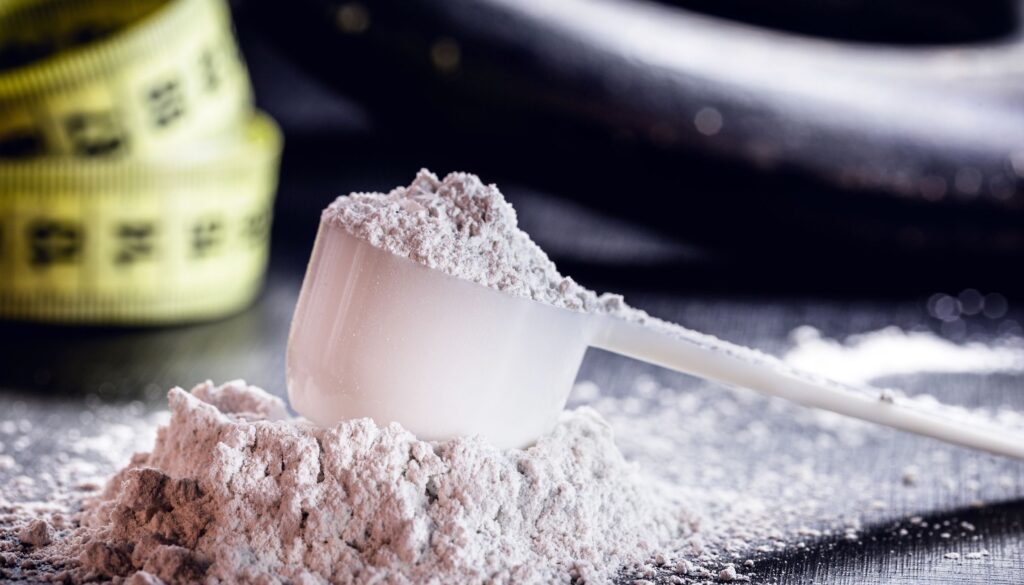
Creatine is one of the most researched and effective supplements for bulking, widely used to increase muscle growth, strength and performance. It works by increasing stored levels of phosphocreatine in the body to increase ATP (adenosine triphosphate)—a quick source of energy for intense, short-term tasks like lifting weights. Creatine draws water into muscle cells, promoting cell hydration and giving muscles a fuller appearance, especially for bulking.
How To Include: Taking 3-5 grams daily, either pre or post-workout, protein shakes or other drinks.
3. BCAAs
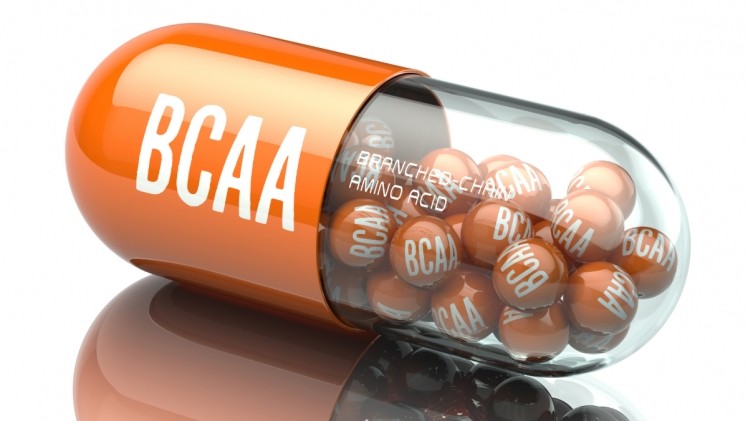
Branched-Chain Amino Acids (BCAAs), which include leucine, isoleucine, and valine, are essential amino acids that play a critical role in muscle protein synthesis and recovery, making them popular among individuals on a bulking program. Leucine, in particular, is known for activating muscle-building pathways, which supports growth and helps preserve muscle mass during intense training sessions.
How To Include: Take 5-10 grams daily, either pre or post-workout.
4. Multivitamins

Multivitamins can play a supportive role in a bulking program by ensuring that the body gets a balanced intake of essential vitamins and minerals necessary for overall health, energy production, and efficient muscle growth. Certain vitamins and minerals are particularly helpful for muscle gain, such as Vitamin D, which supports bone health and muscle function; B vitamins, which boost energy production and reduce fatigue; and zinc and magnesium, which aid in muscle recovery and testosterone production.
How To Include: Include fresh fruits, vegetables and healthy fats or in the form of capsules, chewable tablets, powder, etc.
CONCLUSIONS

Bulking is a process that requires dedication, proper nutrition and consistent training. By incorporating the best bulking foods for muscle gain listed above and maintaining a calorie surplus, you will be well on your way to achieving your muscle building goals. Remember, patience is key—muscle gain takes time, but with the right approach, you’ll see the results you’re aiming for.
FAQs
How long should the bulking phase last?
Bulking typically lasts 3-6 months, but it depends on individual goals and progress.
Can you bulk on a vegetarian or vegan diet?
Yes, plant-based proteins like tofu, tempeh, quinoa, lentils, and protein supplements can support muscle gains on a vegan or vegetarian diet.
How many calories should I consume when bulking?
Caloric intake varies based on your weight, goals, and activity level, but a common recommendation is 250-500 calories above your maintenance level.
Is fat important for muscle gain, and what are healthy sources?
Fats are crucial for hormone production and energy, with healthy sources including avocados, olive oil, nuts, and fatty fish like salmon.
Share this post: on Twitter on Facebook
